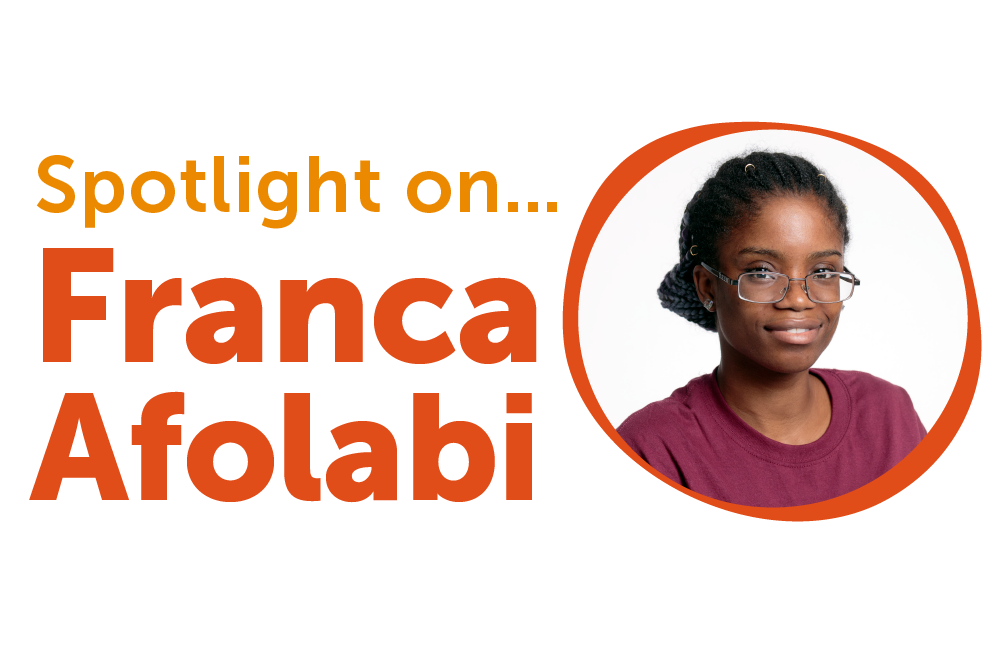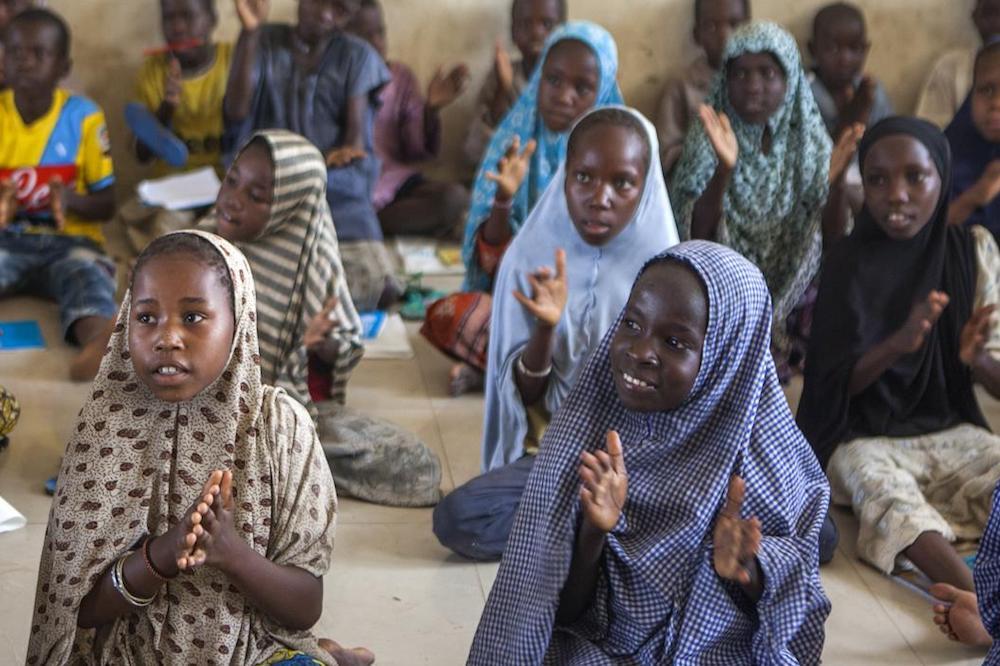
Help to end the suffering of millions of child victims of human trafficking
Child labour
Millions of children around the world are trafficked every year. They are a huge part of a global problem that sees traffickers force women, children and men into sexual exploitation, forced labour, domestic servitude, begging or the removal of their organs.
The first World Day Against Trafficking in Persons will be held tomorrow (July 30). It’s an opportunity for the world to act to end this crime and show solidarity with its victims.
UNICEF is working around the world to help end the practice. This includes helping to provide a living wage for parents so that children do not have to work to suppport their parents and can attend school instead.
The Global Report on Trafficking in Persons report for 2012 – produced by the United Nations Office on Drugs and Crime – was based on data supplied by 132 countries. It showed that 17% of victims are girls, 10% boys, 59% women and 14% men.
In Africa and the Middle East, 68% of all people trafficked are children. In South Asia, East Asia and the Pacific the figure is 39%, in the Americas 27% and in Europe and Central Asia 16%. Trafficking victims from East Asia were detected in more than 60 countries.
UN Secretary-General Ban Ki-moon said: “Human trafficking is a callous global industry that denies victims their rights and dignity and generates billions of dollars for organised criminal networks.
“Most of those trafficked are vulnerable women and children deceived into a life of suffering. They are exploited for sex and forced to work in conditions akin to slavery.”
He added: “To stop the traffickers, we must sever funding pipelines and seize assets. I urge all countries to ratify and fully implement the United Nations Convention against Transnational Organised Crime and its Protocol on Trafficking in Persons.”
Yury Fedotov, Director of the UNODC, said: “Not a single day goes by without a fresh report of women, men and children being sold into modern-day slavery; forced to work in sweatshops, fields and brothels, hidden in plain sight in the richest countries in the world, and in the poorest.
“Human trafficking exploits the dream of millions for a better life for themselves and their children. Traffickers steal this hope to turn people into commodities in a perfidious trade that, despite our efforts, continues to operate with impunity.”
He added: “We have found that more and more detected victims are children, particularly girls under the age of 18.
“We can all do our part to fight human trafficking. Awareness is key, because even though human trafficking is a transnational crime happening everywhere, it is a crime that is committed locally, in our neighbourhoods and local communities.”
You can show their support by taking a photo of yourself or friend forming a heart with your hands, symbolising hope to victims. Using the hashtag #igivehope, share your photo on social media and post it to the Blue Heart Facebook page.
You can also sign up to this Thunderclap:
More news

